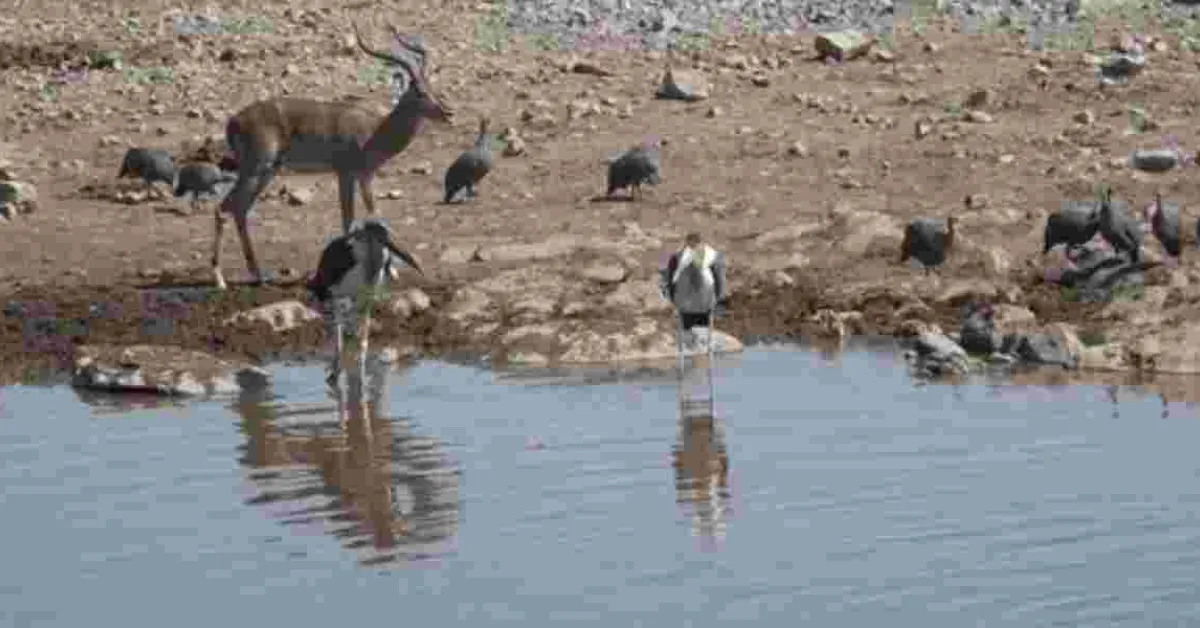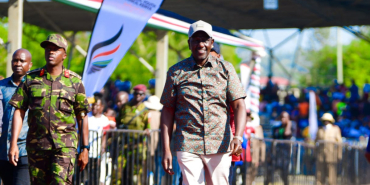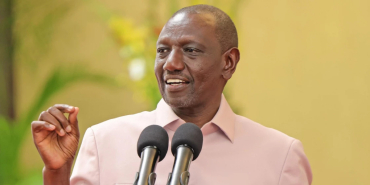Report: African Wildlife Numbers Drop 76% in Five Decades

The World Wide Fund for Nature (WWF) has released a report revealing a deeply concerning trend in Africa's wildlife populations.
Between 1970 and 2020, monitored wildlife populations in Africa have plummeted by 76%, as detailed in the WWF Living Planet Report 2024. The primary drivers of this wildlife population decline are multifaceted, including habitat loss, overexploitation, pollution, and the intensifying impacts of climate change. This loss predominantly affects vertebrate species, encompassing fish, birds, amphibians, reptiles, and mammals. The crisis extends beyond Africa, with global wildlife populations experiencing a 73% decline thus signaling a widespread ecological emergency that threatens both ecosystems and human survival.
Without swift and decisive interventions, the degradation of Africa's ecosystems risks pushing the region past critical ecological tipping points. As these thresholds are crossed, the capacity of ecosystems to support both wildlife and human livelihoods becomes severely compromised with far-reaching implications for food security, water availability, and climate resilience. Martin Kabaluapa, Regional Director for the Congo Basin at WWF, emphasizes the urgency of the situation, stating that Africa's biodiversity is in dire need of immediate action. He regrets that the intertwined crises of nature loss and climate change are pushing African wildlife and ecosystems to their limits with the potential to destabilize entire ecosystems on a global scale.
While the overall picture is grim, the report does offer a glimmer of hope. Mountain Gorillas in the Greater Virunga Landscape, spanning Uganda, Rwanda, and the Democratic Republic of Congo, have shown a modest increase of 3% between 2010 and 2016, thanks to successful conservation efforts. However, Alice Ruhweza, the WWF Senior Director for Policy Influence and Engagement, cautions that conservation alone is insufficient to reverse the overall negative trend. She advocates for a systemic shift and emphasises that while we possess the necessary tools and knowledge, immediate action is crucial to effect change.
Ruhweza calls for the expansion of nature-based solutions across Africa to address the interconnected crises of biodiversity loss and climate change. She contends that Initiatives such as reforestation, wetland restoration, and agroforestry help preserve biodiversity and also enhance livelihoods by creating jobs, improving food security, and bolstering resilience to climate change. The upcoming international biodiversity and climate summits, COP16 and COP29, present a vital opportunity for countries to address these challenges at the necessary scale. WWF urges nations to develop and implement ambitious national nature and climate plans. These plans should include measures to reduce global overconsumption, halt and reverse both domestic and imported biodiversity loss, and equitably cut emissions.














Add new comment